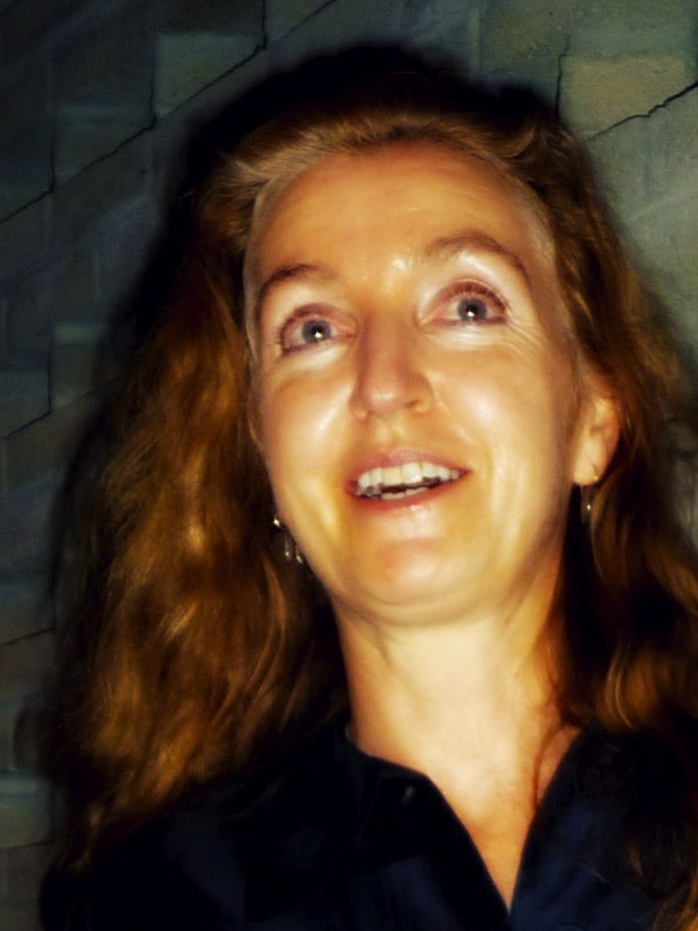I remember being on my yoga mat in the midst of a field less than five months ago, three thousand miles from where I am now, listening to a song on my phone on repeat while my body flowed in tandem.
The spoken word-song begins, “It’s coming to pass. My country is coming apart…” But this time, what I had been listening to as a voice for the collective expanded to include my own private reality. I mouthed the words, feeling the shift of them in my gut and off my lips: “It’s coming to pass. My marriage is coming apart.”
And this naming of truth was the beginning of the end of a long chapter of my life.
Words, stories, music, and art have this unique power of taking something that is macro, a collective truth, and giving space for the micro stories within to find a voice. It is one of the reasons these things can be so profoundly resonant, therapeutic, liberating, and mobilizing.
For over six months, the whole world has collectively groaned beneath the weight of a virus. Its impacts have shaken systems, governments, and economies. It has shone a bright light on longstanding structures of racism, disparities, and corruption. And it has also ripped through the very fabric of our social lives: our families, relationships, communities, schools, places of worship, outlets for recreation, and entertainment.
Everything that can be shaken is being shaken.
Many of us are straddling intense loads of collective and personal traumas and grief. We see the world we’ve known disintegrating before our eyes. We’re afraid, exhausted, overwhelmed, anxious, and don’t know who in positions of power we can trust.
People have taken to the streets in displays of grief, righteous rage, solidarity, and determination, as well as outbursts of desperation and hatred unleashed. We hear ad nauseam that we are living in unprecedented times, but it is true and we know it. There is nothing that has been written before to give us the road map through this period of human history.
What we do have are words that serve as guideposts along this trail we are actively clearing with machetes as we walk. These words are true both collectively and individually, because what is not unprecedented is the human struggle against despair.
Whether you are stumbling in the darkness of your own story, feeling your way forward, or primarily overtaken by what is happening in the world at large—or both—may these words from writer and activist Rebecca Solnit be a machete of hope clearing the way before you.
>> “Hope is not a lottery ticket you can sit on the sofa and clutch, feeling lucky. It is an axe you break down doors with in an emergency. Hope should shove you out the door, because it will take everything you have to steer the future away from endless war, from the annihilation of the earth’s treasures and the grinding down of the poor and marginal… To hope is to give yourself to the future—and that commitment to the future is what makes the present inhabitable.”
>> “Every minute of every hour of every day you are making the world, just as you are making yourself, and you might as well do it with generosity and kindness and style.”
>> “To be hopeful means to be uncertain about the future, to be tender toward possibilities, to be dedicated to change all the way down to the bottom of your heart.”
>> “Joy doesn’t betray but sustains activism. And when you face a politics that aspires to make you fearful, alienated and isolated, joy is a fine act of insurrection.”
>> “To hope is to gamble. It’s to bet on your futures, on your desires, on the possibility that an open heart and uncertainty is better than gloom and safety. To hope is dangerous, and yet it is the opposite of fear, for to live is to risk.”
>> “Inside the word ’emergency’ is ’emerge’; from an emergency new things come forth. The old certainties are crumbling fast, but danger and possibility are sisters.”
>> “Despair demands less of us, it’s more predictable, and in a sad way safer. Authentic hope requires clarity—seeing the troubles in this world—and imagination, seeing what might lie beyond these situations that are perhaps not inevitable and immutable.”
>> “The revolution that counts is the one that takes place in the imagination; many kinds of change issue forth thereafter, some gradual and subtle, some dramatic and conflict-ridden—which is to say that revolution doesn’t necessarily look like revolution.”
>> “Either we have hope within us or we don’t; it is a dimension of the soul; it’s not essentially dependent on some particular observation of the world or estimate of the situation. Hope is not prognostication. It is an orientation of the spirit, an orientation of the heart; it transcends the world that is immediately experienced, and is anchored somewhere beyond its horizons. Hope, in this deep and powerful sense, is not the same as joy that things are going well, or willingness to invest in enterprises that are obviously headed for early success, but, rather, an ability to work for something because it is good, not just because it stands a chance to succeed.”
>> “We write history with our feet and with our presence and our collective voice and vision.”


 Share on bsky
Share on bsky





Read 14 comments and reply